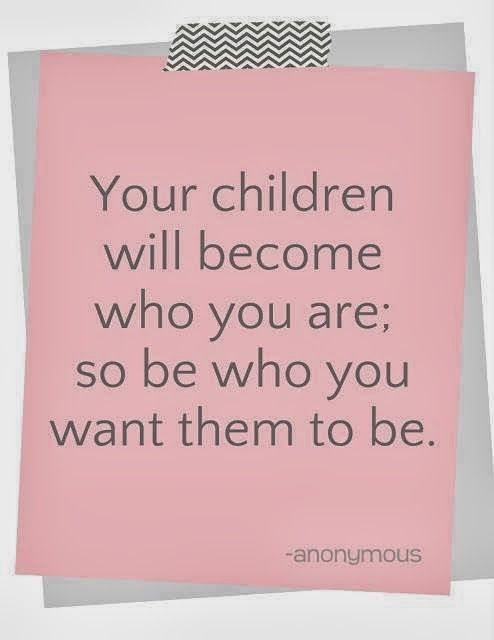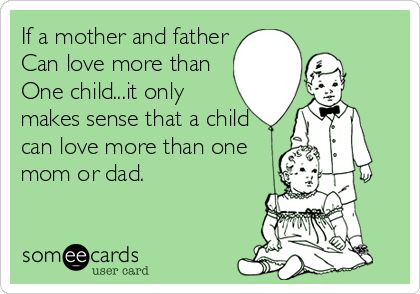Exposing kids to conflict
Apr 8, 2018 · 452 words · 3 minute read
Conflict Matters: Exposing kids to conflict
Much of the work I do is with parents who have separated and can’t agree on arrangements for their children. There is plenty of research on what parental conflict does to children’s development, and one result in particular is very interesting: seeing adults disagree, even quite passionately is not necessarily harmful to children. In other words, fighting in front of the kids doesn’t have to be a complete no no. On the contrary, there is one thing that can make even serious disagreements between two adults a positive learning experience for a child that loves them both. It is seeing those adults work through their disagreement and reach a solution they both are actually OK with.
All those in committed relationships know that can be a real challenge, and it is not unusual for parents to assume the best thing is to keep the children out of any grown up disputes, to “protect” them. Sadly, in reality they are not left out at all. They are right in the middle, even if they never witness a word raised in anger. This is because children can be hypersensitive to the underlying tensions between their parents, and can finish up living in a state of constant vigilance, which is not healthy. In the UK children have been actively involved in parental separation discussions for about 20 years and what these “survivors” tell us is that being a witness to hostility and silence can be traumatising and feeling ignored is really bad. As one 11 year old girl said: “It’s like, hullo, I’m a voice, let me talk.”
What does work is the parents putting aside their differences long enough to deliver a joint message to the children. The message itself is less significant than presenting it together. Words don’t count nearly as much as we usually think they do, what does carry weight for all of us – children included – is the feeling behind the words.
What is hardest is parents who cannot resist enlisting their children, those who see themselves in a righteous war where there is only good on one side. This sets up the kids to repeat the same pattern when they grow up and have children of their own.
Just as parents are perfectly capable of loving more than one of their children,
children are equally capable of loving more than one of their parents, even if
those parents no longer love each other – and even if one is (insert your
favourite derogatory term). And in most cases children need to know it is absolutely fine for
them to keep doing that.


- When does bias beat reason?
- When are good intentions an excuse?
- How are men and mascara alike?
- Those Infuriating Answers - Part 2
- Those Infuriating Answers
- Peace Foundation The Five Magic Questions
- 'Our lives are strewn with ordinary jewels' - Rick Hanson
- I’m a failure! – Separating the actor from the action
- Feelings versus opinions
- Justice is equal well being for all